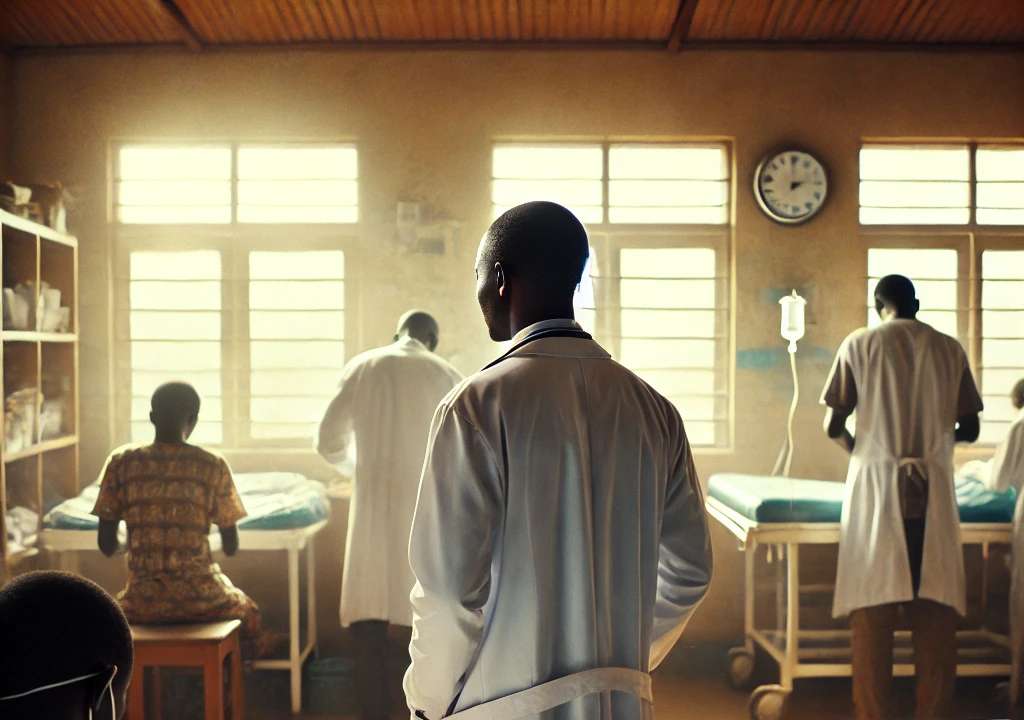How corruption in Zimbabwe’s health system turns funerals into a business

Zimbabwe’s public hospitals are under pressure as families face delays and bribes to access postmortem services required by law.
In a country where health care is struggling from years of underfunding, the process of burying loved ones has become increasingly costly and difficult.
The law requires postmortems in cases of sudden or unexplained deaths, and they are meant to be free in public hospitals. But with only a handful of trained pathologists serving the entire country, meeting the demands appears almost impossible.
Families are often told they must wait days, even weeks, for results.
Many, desperate to bury their relatives, are asked to pay informal fees to speed up the process.
These “fast-tracking” payments, which can range from US$30 to US$100, are reportedly solicited by police officers, mortuary workers and hospital staff and have become common despite being illegal.
Health workers say they are forced to rely on these unofficial payments due to poor salaries.
A 2021 survey by Transparency International found that more than 70% of Zimbabweans had been asked to pay a bribe for medical services.
At some hospitals, staff have been accused of creating fake delays to pressure families into paying.
Even when a postmortem is carried out, families sometimes receive results verbally from police officers, rather than doctors, with no written report provided.
This has raised concerns about the accuracy of findings, especially in cases where families suspect foul play.
Officials at major hospitals have admitted that there are problems in the system, including corruption. Some hospitals have partnered with Cuban doctors to help meet the need for forensic postmortems and reduce delays.
Others have added more days for postmortem services in an attempt to ease pressure.
This comes at a time when Zimbabwe’s health system is in deep crisis. Many doctors and nurses have left the country for better jobs elsewhere, and those who remain often work under difficult conditions.
Nurses have held protests over low pay and lack of resources, but such actions are now restricted by law.
Health experts warn that without serious reform, corruption will continue to harm the most vulnerable, especially families who cannot afford to pay extra for services that should be free.
Disclaimer: The image for the article was AI-generated
This story is written and edited by the Global South World team, you can contact us here.